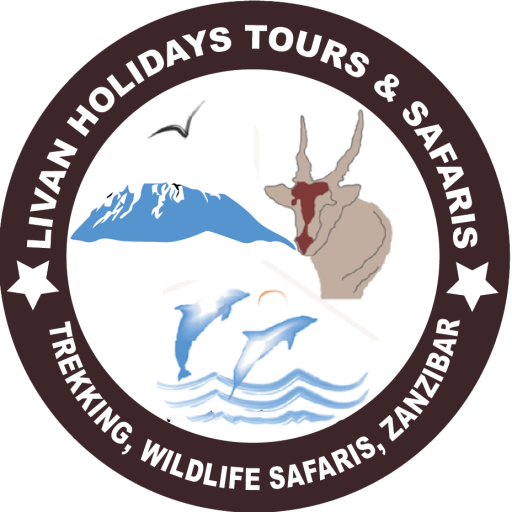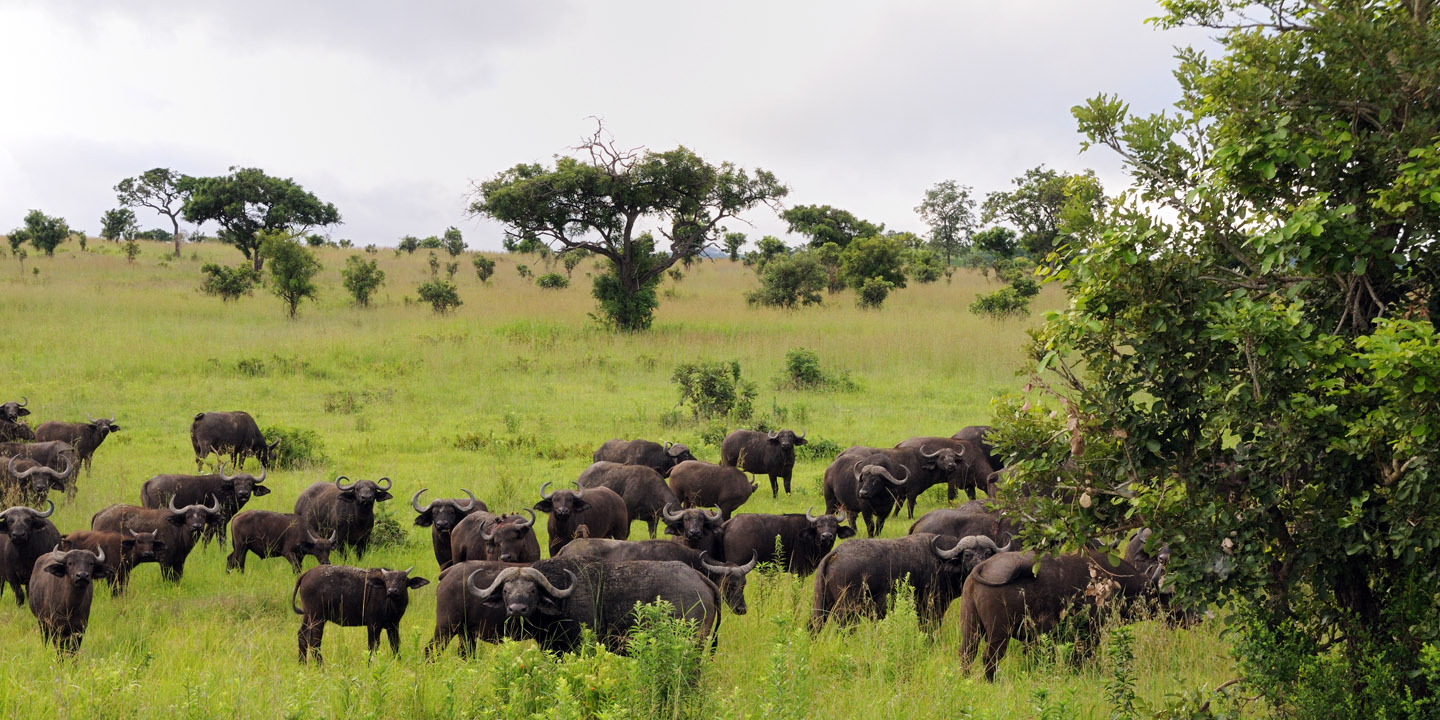Mikumi National Park
Mikumi National Park is a popular wildlife conservation area located in Tanzania, East Africa. It covers an area of approximately 3,230 square kilometers (1,250 square miles) and is situated to the southwest of the city of Morogoro, and northwest of the larger Selous Game Reserve. The park is easily accessible and is a common stop for travelers driving between Dar es Salaam and other popular Tanzanian destinations, such as Ruaha National Park and Udzungwa Mountains National Park.
Key features of Mikumi National Park include:
Wildlife Diversity: The park is home to a wide variety of wildlife species, including elephants, lions, leopards, giraffes, zebras, wildebeests, impalas, hippos, crocodiles, and numerous bird species. The open grasslands of the park provide good opportunities for game viewing and photography.
Scenic Landscapes: The landscapes in Mikumi National Park are diverse and picturesque, encompassing grassy plains, acacia woodlands, miombo woodlands, and the Mkata River that flows through the park. The Udzungwa Mountains can also be seen in the distance.
Mkata Floodplain: The Mkata Floodplain is a particularly rewarding area for wildlife viewing, especially during the dry season when animals gather around the water sources. The floodplain is often referred to as the “mini-Serengeti” due to the abundance of wildlife it supports.
Activities: Visitors to Mikumi National Park can enjoy a range of activities, including game drives, guided walking safaris, and bird watching. The park offers opportunities to experience the African wilderness up close and witness the interactions between different species.
Conservation Efforts: Like many other Tanzanian national parks, Mikumi is actively involved in conservation efforts to protect its wildlife and ecosystems. These efforts include anti-poaching initiatives, habitat preservation, and community engagement projects.
Mikumi National Park is a great option for those looking for a more accessible and convenient safari experience, especially if they are traveling between major Tanzanian cities and other national parks. Its proximity to urban areas makes it a popular destination for both international tourists and local visitors.







